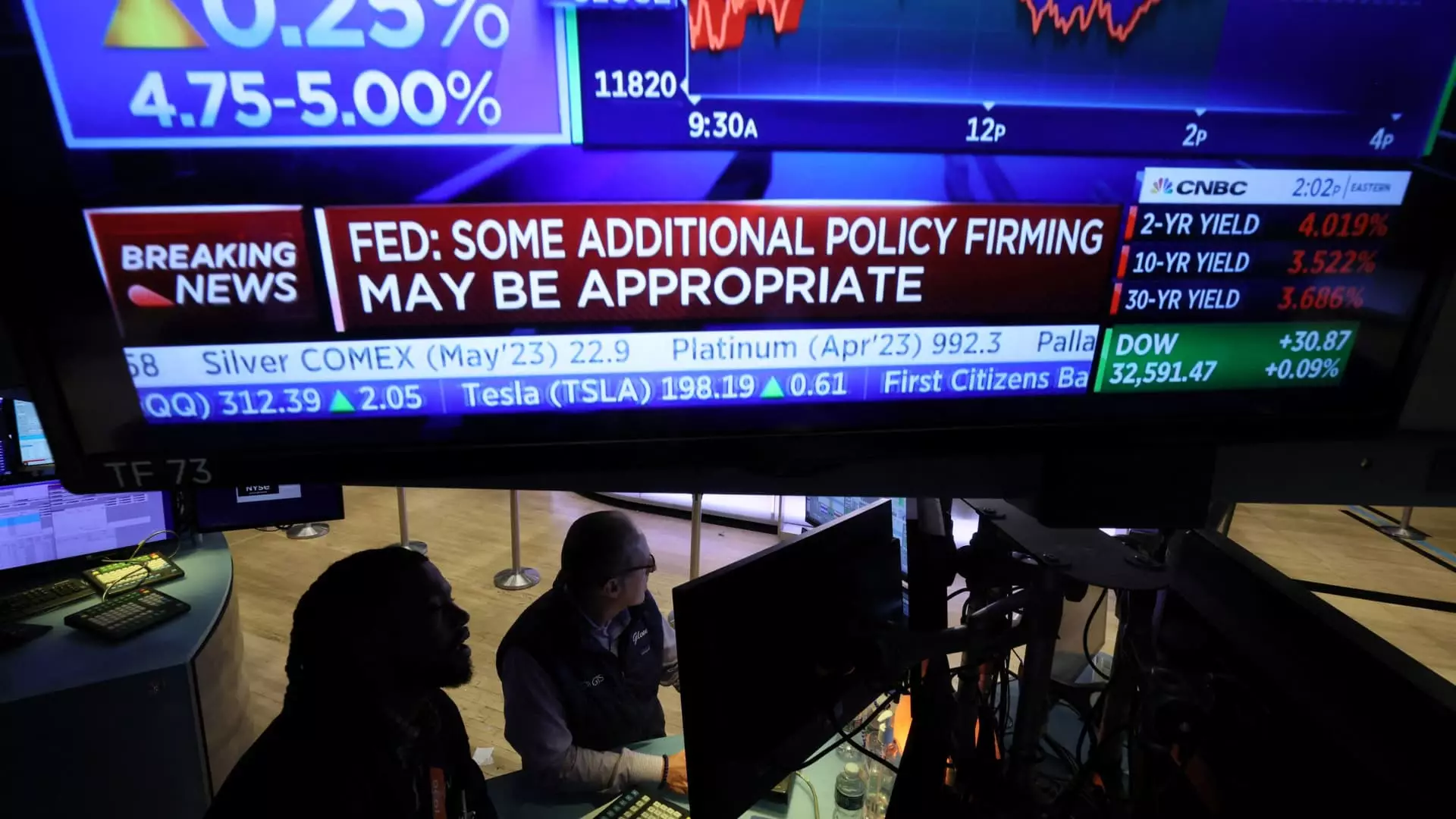The latest data suggests that the Federal Reserve may have new incentives to further cut rates in the second quarter of this year. According to Canaccord Genuity's Tony Dwyer, factors such as a deteriorating jobs market and easing inflation could compel the Fed to take more aggressive action in the coming months. Dwyer believes that while he is not advocating for a return to zero rates, a more aggressive stance is necessary given the current economic conditions.
One of the key issues that Dwyer highlights is the potential skewing of jobs market data due to falling employment survey participation rates. He argues that this has led to significant revisions in Bureau of Labor Statistics' reports, with many of these revisions showing a negative trend. As the next monthly jobs report is set to be released, the focus is on the need for rate cuts to address these challenges and support economic growth.
During the March Federal Reserve policy meeting, officials discussed the possibility of three rate cuts this year, the first since March 2020. Dwyer predicts that these rate cuts could benefit sectors such as financials, consumer discretionary, industrials, and health care. He emphasizes the importance of buying into a broadening theme of market strength rather than relying solely on mega-cap weighted indices.
Dwyer foresees a shift in market dynamics towards a more even distribution of performance by the end of this year and into 2025. He believes that this will stem from a broader participation in earnings growth, moving away from the dominance of the so-called “Magnificent Seven” stocks. This group, composed of tech giants like Alphabet, Amazon, and Apple, has been driving market gains but is not expected to sustain its outperformance indefinitely.
Despite the recent record highs in the S&P 500 and strong first quarter gains, Dwyer advises caution in the current market conditions. He suggests waiting for better opportunities before making significant investment decisions. This cautious approach is tied to the expectation that worsening employment data could lead to rate cuts, raising concerns about the overall state of the economy.

